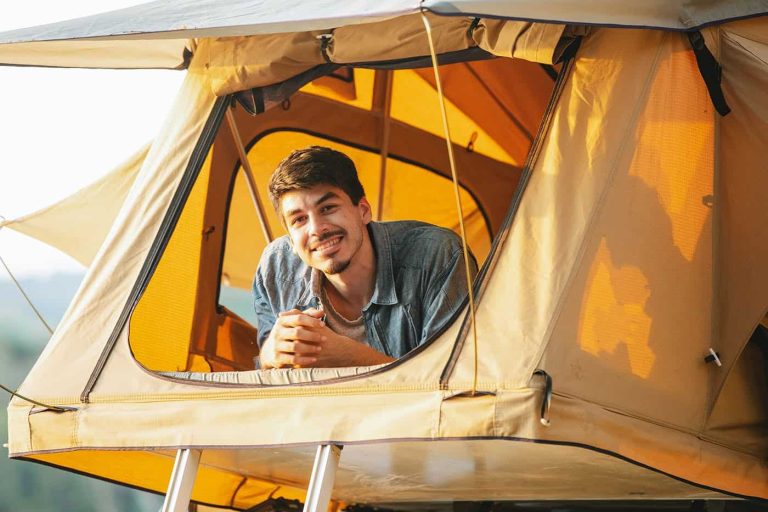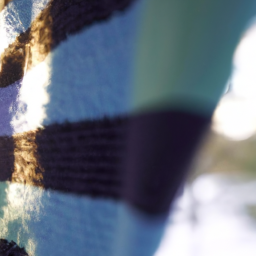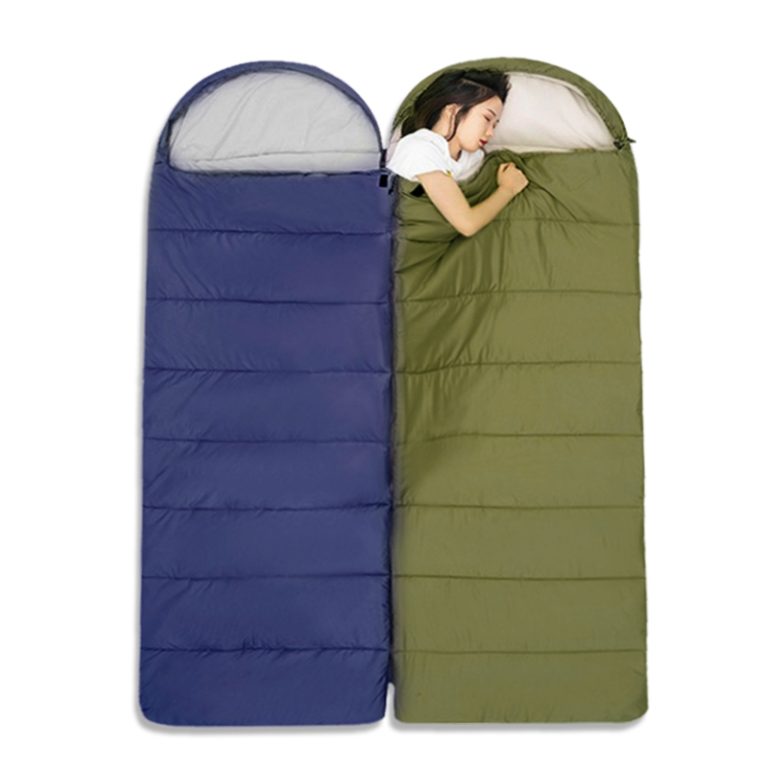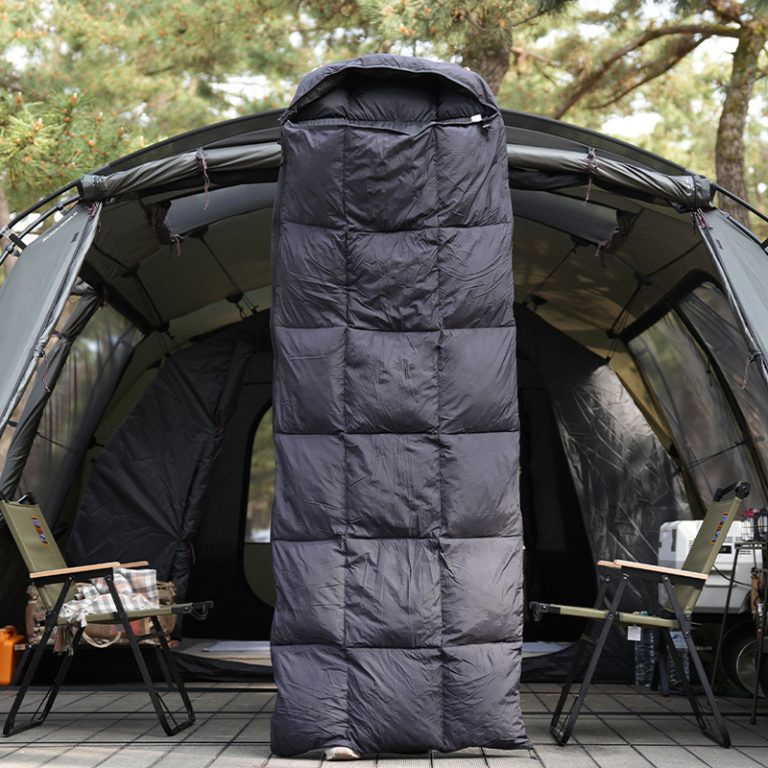A mountain sleeping system refers to the combination of gear and equipment used by outdoor enthusiasts, particularly mountaineers and backpackers, to ensure a good night’s sleep in the challenging and often harsh conditions of high-altitude mountain environments. This system typically includes:

- Sleeping Bag: A high-quality, cold-weather sleeping bag is essential for staying warm in the mountains. Look for a bag with a temperature rating suitable for the conditions you’ll encounter.
- Sleeping Pad: A good insulating sleeping pad is crucial to provide insulation from the cold ground and increase comfort. Inflatable or closed-cell foam pads are popular choices.
- Bivy Sack or Tent: In more extreme conditions or for lightweight alpine climbing, a bivy sack (bivouac sack) might be used to provide additional protection from the elements. For extended trips or adverse conditions, a 4-season tent is more suitable.
- Sleeping Bag Liner: Adding a liner to your sleeping bag can boost warmth and provide extra comfort.
- Clothing: You may need to wear some of your clothing to bed for added warmth. Layering is key, and moisture-wicking base layers help manage moisture.
- Pillow: A compressible pillow can improve sleep quality.
- Shelter considerations: Proper site selection, snow walls, or other windbreaks can help protect your sleeping area from harsh mountain conditions.
- Stove and Fuel: These are essential for melting snow for drinking water and hot meals, which can help keep you warm.
- Hot Water Bottle: A hot water bottle can provide comfort and warmth during the night.
- Headlamp: A reliable light source for nighttime necessities.
- Earplugs: These can help block out any noise and ensure better sleep.
- Gaiters: These help keep snow out of your boots and protect your lower legs from the cold.
Remember that the specific gear you’ll need will depend on the altitude, season, and the specific challenges of your mountain expedition. It’s crucial to choose equipment appropriate for your trip, as well as to understand the weather and environmental conditions you’ll be facing. Always prioritize safety and be prepared for rapidly changing mountain weather conditions. Consulting with experienced mountaineers or outdoor experts can be very beneficial when selecting a mountain sleeping system.






